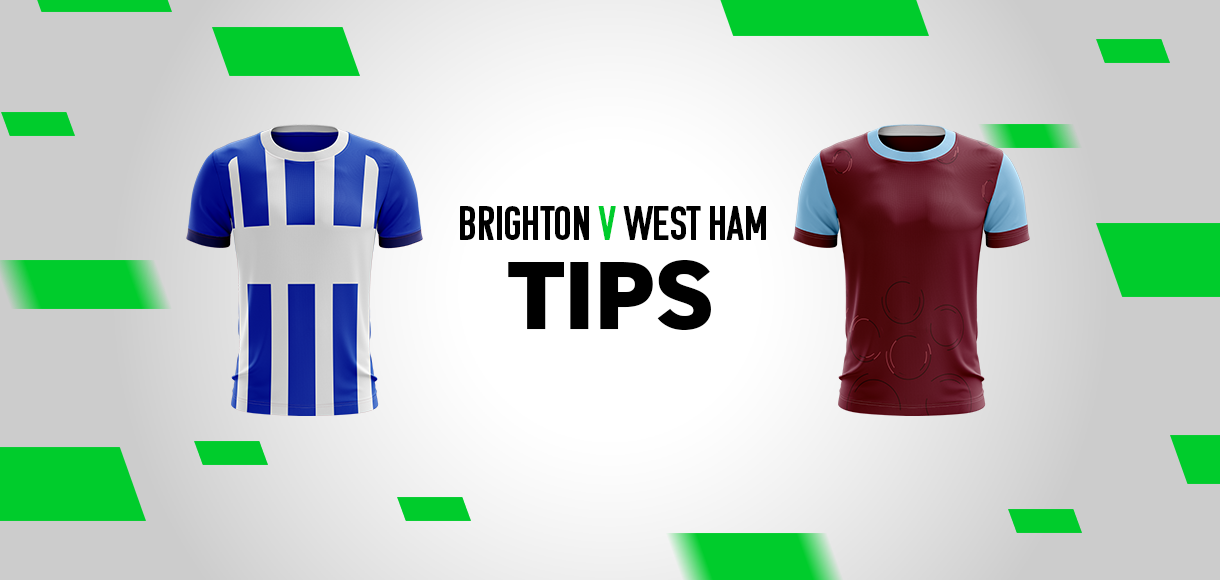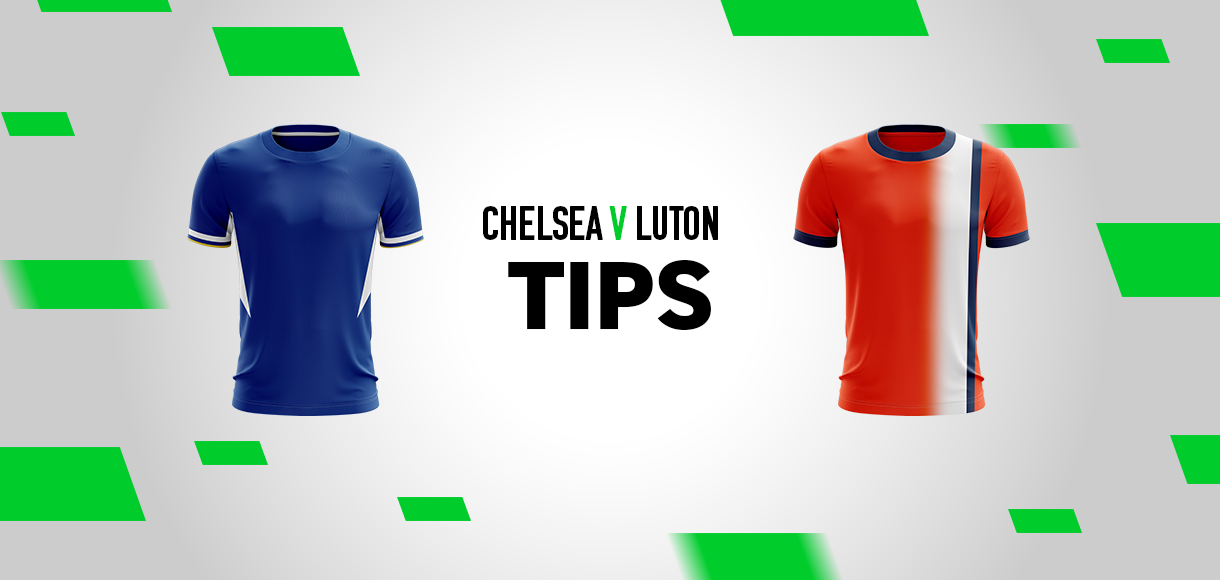Percy Tau: I kept the faith that my move to Brighton would happen
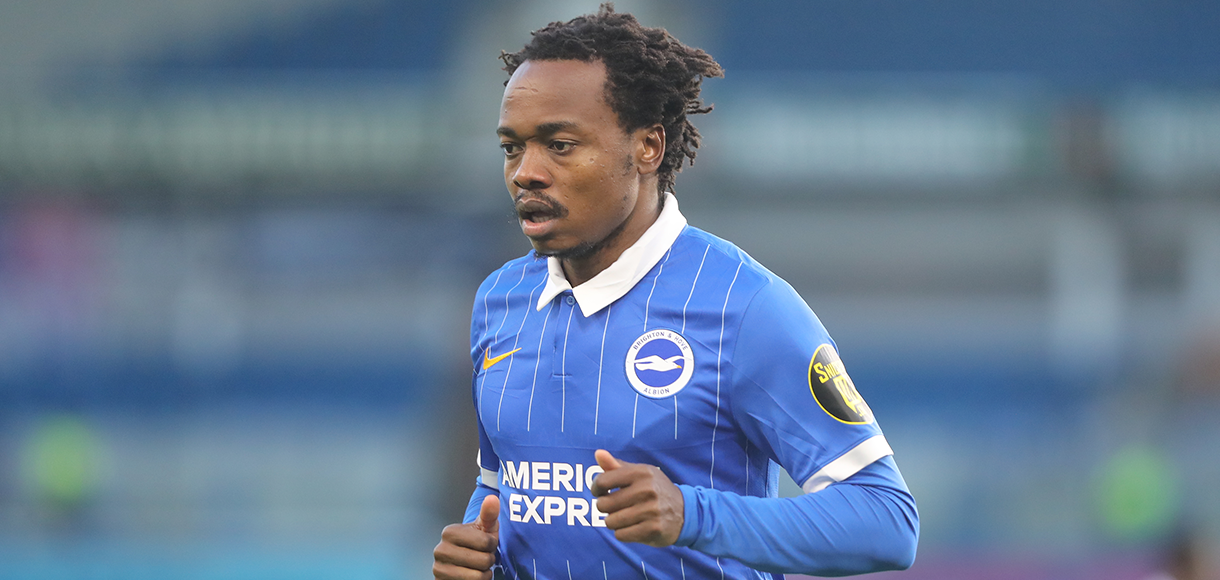
Despite signing for Brighton in 2018, work permit regulations prevented him from joining the Premier League club until January 2021.
Until January 2021, Percy Tau was unsure if he would ever be allowed to join Brighton & Hove Albion.
Despite having signed for the Seagulls permanently in 2018, work permit regulations denied him the opportunity to play for them.
He embarked on a series of loan spells in Belgium, who are among the favourites to win Euro 2020 this summer in the latest football betting, before the UK’s departure from the EU in January saw new legislation introduced that allowed Tau to work in England.
The South African international told the Betway Insider the whole story.
How has life been at Brighton since you joined in January?
Life gets better every day for me here.
I haven’t played a lot of football, but I am getting used to everything that comes with life in England and English football. It is all becoming easier with time.
It looked like your Brighton career was in doubt before the regulations changed after Brexit. Can you explain what happened?
I was always engaging with Brighton, looking at different ways that I could come and join them. Even though I was on loan in Belgium, they always kept in contact and retained their confidence in me.
One way that I might have earned a work permit was for my national team (South Africa) to do well. They needed to be in the top 50 in the world rankings for two years, but it didn’t happen.
Eventually, Brexit came into play and made it easier for me to come over. I’d been waiting a long time for something to change and eventually I heard that this was going to allow me to come to England.
I always kept the faith that it would happen one day and I jumped at the opportunity when it came around, even though I was halfway through the season at Anderlecht.
Growing up in South Africa, was it always a dream to play in the Premier League?
People in South Africa follow the Premier League closely, so of course playing here is a dream.
In the past, we have had players that have played here – Steven Pienaar was a very high-profile one. Football fans at home know the Premier League really well. They like to watch and support their favourite teams.
It’s so important for the country to have players playing in the biggest leagues in the world. Being a South African player in the Premier League is a big thing.
I don’t want to take away from the domestic league in South Africa because it is a high standard, but it really helps the national team to develop if guys are playing in the most competitive divisions.
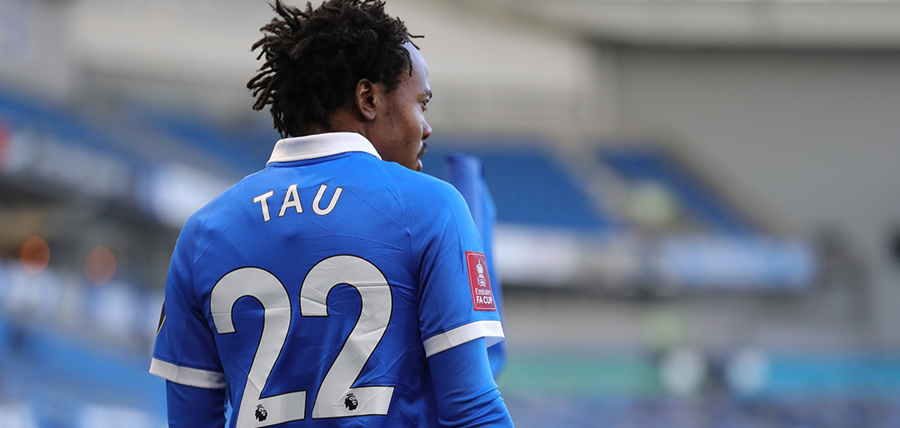
What are the key differences between football in South Africa and England?
I haven’t played loads of football in England so it’s difficult for me to give you a full answer, but it’s really noticeable that there are no easy games in England.
It’s a challenge to be in a team that goes into a match expecting to win. Anyone can beat anyone at any time.
I have played most of my games in the FA Cup, and lower-league teams are looking to beat you and go further than you. This happens in South Africa and Belgium, but it is really noticeable in England.
Is English football more physical than you have been used to?
I’m 27 years old so it’s not as easy for me to quickly bulk up as it is for a 20-year-old!
It depends on the team that you play for and their style of play, but generally I think it’s more about mental strength than physical strength. Your size can play a role in certain situations, but the game is not all about corners and free-kicks, where you need to be big.
As an attacker, I want to have a good feeling with the ball, and enjoy the movement going forward. Playing for Brighton suits my play because we play fast, attacking football and we want to feel the ball.
Of course I go to the gym and I work on my size, but it is just as much about having confidence in what you do well.
How important was the time you spent in Belgium for your development as a player?
For me, it was my development as a person as much as a footballer.
Leaving South Africa, I needed somewhere where I could actually cut my ties to home and get used to this new life.
I needed to adjust to the different food, different weather, different culture and different style of football.
Playing in Belgium gave me the best sense of what Europe is like. I’ve spent time with good teams, good players and in good changing rooms.
I never really suffered from injuries so I was playing a lot. Everything about the experience in Belgium helped me to adapt to a new way of life and football.
How much did working under Vincent Kompany at Anderlecht help you prepare for the Premier League?
When I first arrived at Anderlecht, he told me that he will help me learn what the Premier League is all about. That was always the idea.
You can tell how he was a great captain. He’s so professional and his messages are very clear.
He told me that he’s played in the Premier League, so he knows what he’s talking about. That message alone gives you the confidence to believe in the idea that he is giving you.
He was always trying to share his knowledge with me, pushing me to new levels. Even though he was Anderlecht manager, he wanted to improve me as a player individually.
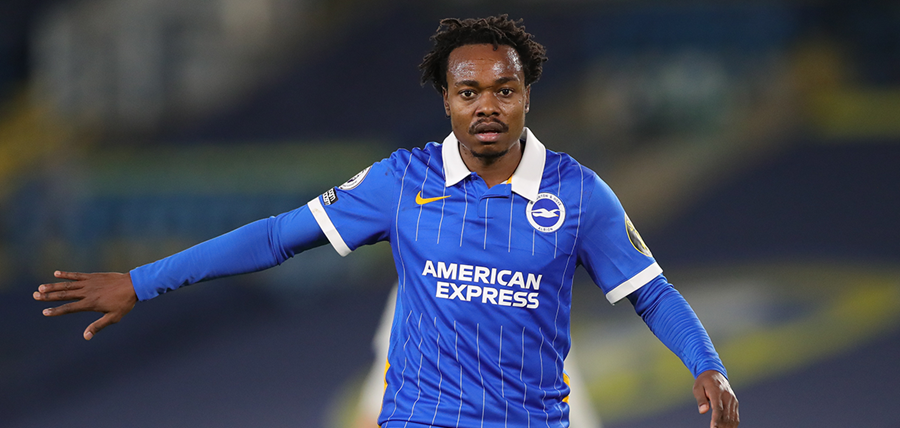
At Union SG in the 2018/19 season, you beat both Genk and Anderlecht on your way to the Croky Cup semi-final. What do you remember of that experience?
It was a great experience.
At the time, we were disappointed not to go even further. The coach, Luca Elsner, had lots of belief in us and we were very ambitious. It was a very new team, but we were good and improving quickly.
We lost to Mechelen over two legs in the last four, though – we lost at home and drew away. But the wins over Anderlecht and Genk were amazing experiences.
The cup competitions were taken really seriously by those teams, too. When I went on to play for them both, we would always play as strong a team as possible, even if it fell during a busy period of fixtures.
You can feel the history involved in cup games. There’s a reason that you have asked me about it today – it gives you memories that you don’t forget.
There are guys at Union that I formed relationships with over the year, and we still keep in close contact with each other. That cup run is a big reason why we have such a close bond.
It was a special time for Union as a club, too. You get money and success from a run like that, and if we had gone on to win it we would have felt the benefit of qualifying for the Europa League.
It’s clear why the cup competitions are so important to everybody.
Do you expect more world-class talent to emerge from Belgium in the coming years?
Yeah, guys like Jeremy Doku coming through show you how much talent there is in Belgium at the moment.
When your national team features players like Kevin de Bruyne and Romelu Lukaku, you can expect the bar to be raised.
I think there is room for improvement, but it’s a good competition to play in to prepare for the biggest leagues in Europe.










